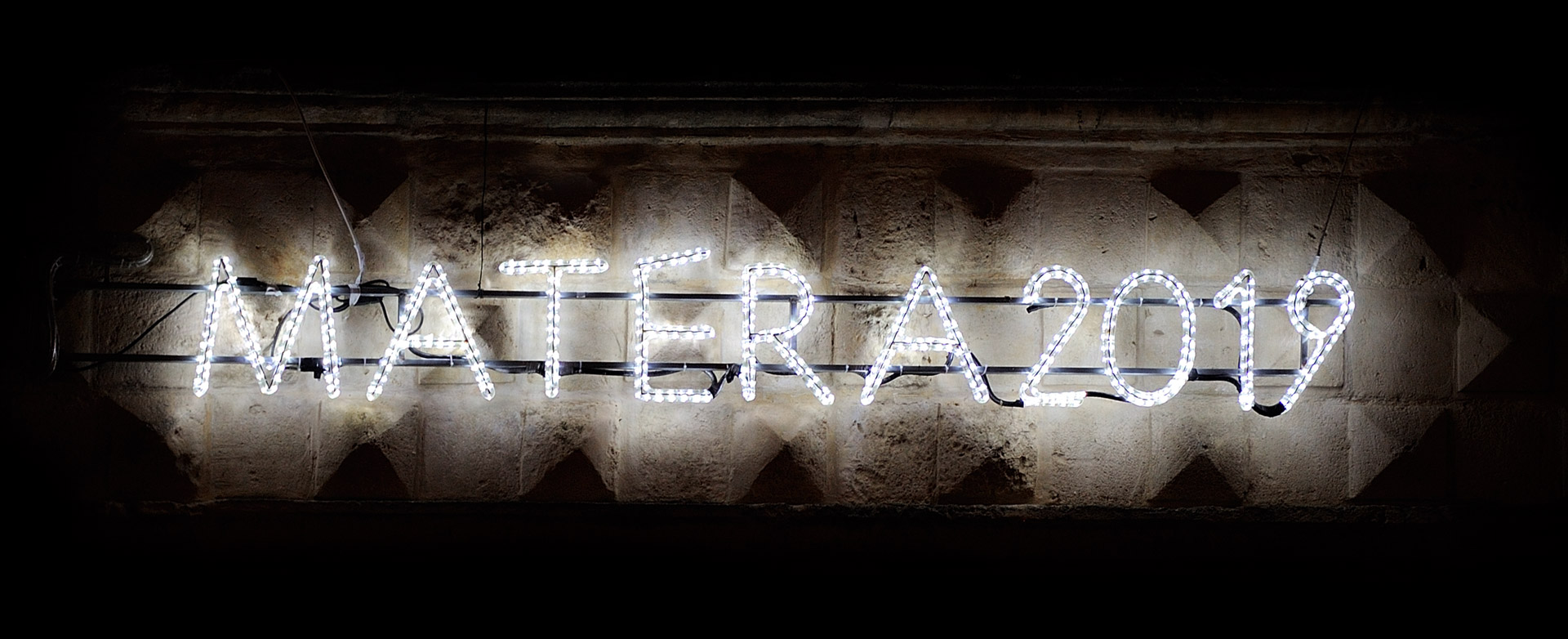 |
Matera's aim of being at the forefront of a movement stripping away the barriers to culture, especially through new technologies and learning, is visionary. |
 |
The panel was impressed with the vibrancy and innovation of the artistic approach. There are several projects which have the potential to attract a wider and varied European audience, including the major Southern Renaissance exhibition.
|
 |
The panel appreciated the engagement with the existing mainstream cultural institutions and organisations especially how they had already started to change their practices. This approach may have wider application for European cultural institutions. |
 |
The panel appreciated the strong focus on digital technology which by 2019 will be far more prevalent in the cultural and social sectors than it is now. The programme ranges from an online TV channel to the digitisation of heritage archives to coding clubs for young people. This is a forward looking and innovative approach for an ECOC. |
 |
The policy towards inclusion is progressive with an emphasis on bringing those frequently excluded from culture into projects rather than creating parallel project lines. The panel appreciated the strong intention of foregrounding participation and co-design. |
 |
The bidbook acknowledged this weakness, indeed the need for capacity building in the cultural sector and public administration is one of the main goals. |
 |
The panel explored the intention to increase tourism from an annual 200,000 to 600,000, and its possible impact on the fragile eco-system of the region. The panel was re-assured that research has indicated this is a sustainable number. |
 |
The panel was impressed on how what was initially a grass-roots initiative has developed into a formal central element of the city and regional planning. |
 |
The concrete commitment of 70% of the funding, regardless of the outcome of the competition, is a clear demonstration of the centrality of the ECOC programme to the city and region’s development. It is one of the clearest examples, in recent years, of a candidate’s programme being part of a strategic plan rather than simply a bid for a competition. |






